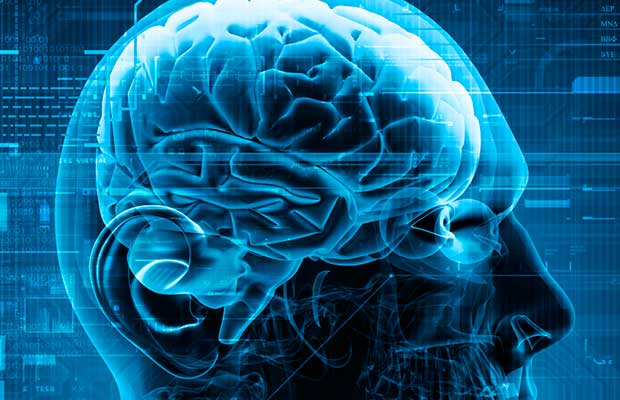Memory loss can be a perplexing and disconcerting experience, but understanding its underlying causes can help demystify this complex phenomenon. In this article, Evoke Neuroscience delves into the most common causes of memory loss, shedding light on why and how it occurs and empowering individuals to confront their memory-related concerns with greater clarity.
1. Aging
Evoke Neuroscience Aging is a natural and inevitable part of life, and it often comes with mild memory challenges. Instances of forgetting a name or misplacing keys are typical as one grows older. These minor hiccups are usually a result of age-related changes in the brain. Notably, areas critical for memory, such as the hippocampus, may naturally degenerate with age, contributing to occasional forgetfulness.
2. Stress, Anxiety, and Depression
The state of your emotional health significantly influences your memory function. High levels of stress hormones can interfere with the brain’s ability to create new memories or retrieve existing ones. Conditions like anxiety and depression can also have detrimental effects on attention and focus, impairing the capacity to retain new information.
3. Alzheimer’s Disease
Alzheimer’s disease stands as the most common cause of severe and progressive memory loss. It is a neurodegenerative condition that progressively destroys neurons, resulting in significant cognitive decline, including memory loss. As the disease advances, memory loss intensifies and ultimately disrupts daily living activities and independence.
4. Stroke or Traumatic Brain Injury
Physical damage to the brain can lead to memory loss. A stroke or traumatic brain injury, for example, can inflict harm on brain regions responsible for memory, resulting in either temporary or permanent memory impairment. Post-traumatic amnesia is a common condition following a traumatic brain injury, underscoring the vulnerability of memory in such situations.
5. Nutritional Deficiency
Adequate nutrition is essential for optimal brain function, and nutritional shortcomings can lead to memory impairment. For instance, a deficiency in vitamin B12, crucial for brain health, can contribute to memory problems. In general, without the necessary nutrients, the brain may struggle to perform vital functions, including memory retention.
6. Certain Medications
Surprisingly, some medications come with memory-related side effects. Medications like antidepressants, antihistamines, anti-anxiety drugs, and sleep aids may impact memory in certain individuals. Additionally, chemotherapy can lead to memory lapses, a phenomenon often referred to as chemo brain.
In conclusion, Evoke Neuroscience memory loss is a multifaceted issue with diverse underlying causes. While aging-related forgetfulness and stress-induced memory lapses are relatively common and often manageable, severe and progressive memory loss, as seen in Alzheimer’s disease, requires specialized care and attention. Understanding the potential causes of memory loss is the first step in addressing it effectively. By identifying the underlying factors and seeking appropriate medical guidance, individuals can take proactive steps toward maintaining and enhancing their cognitive well-being. Memory loss is not an insurmountable challenge; it’s a puzzle with solutions to be uncovered.
